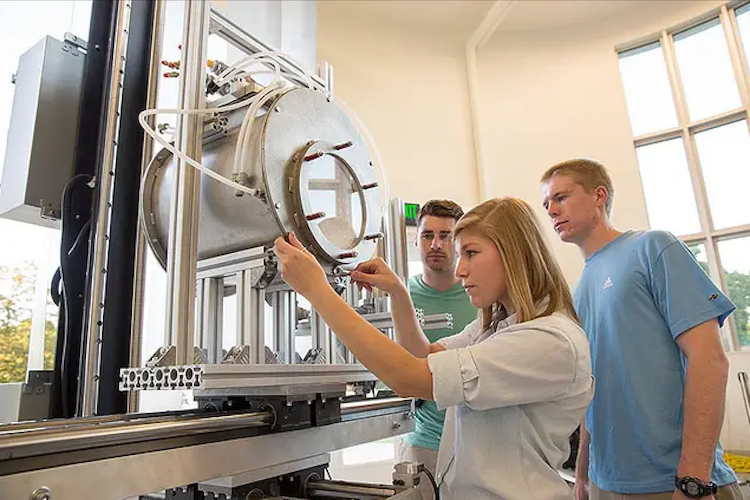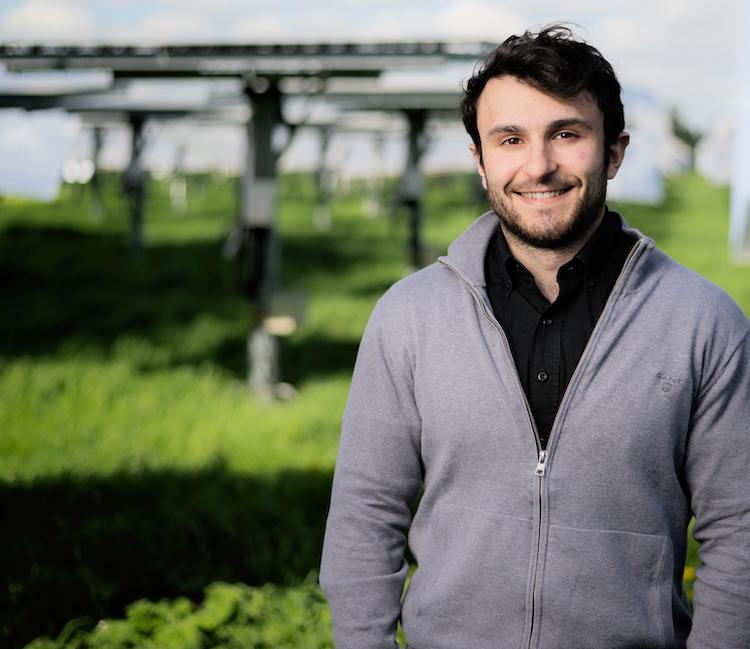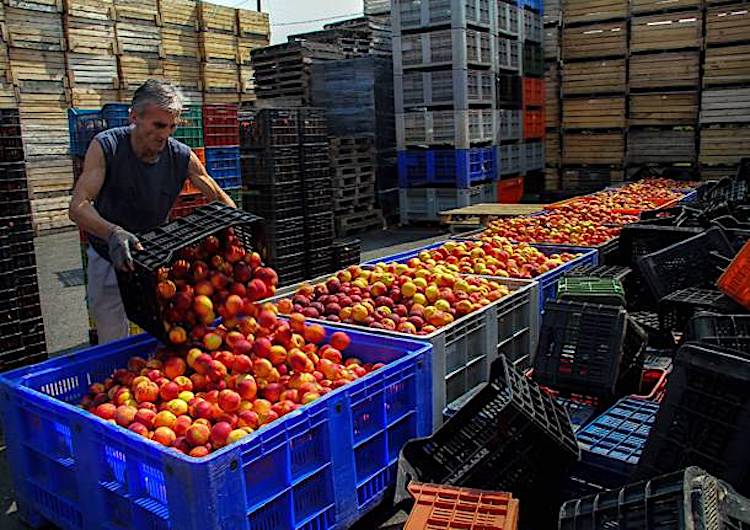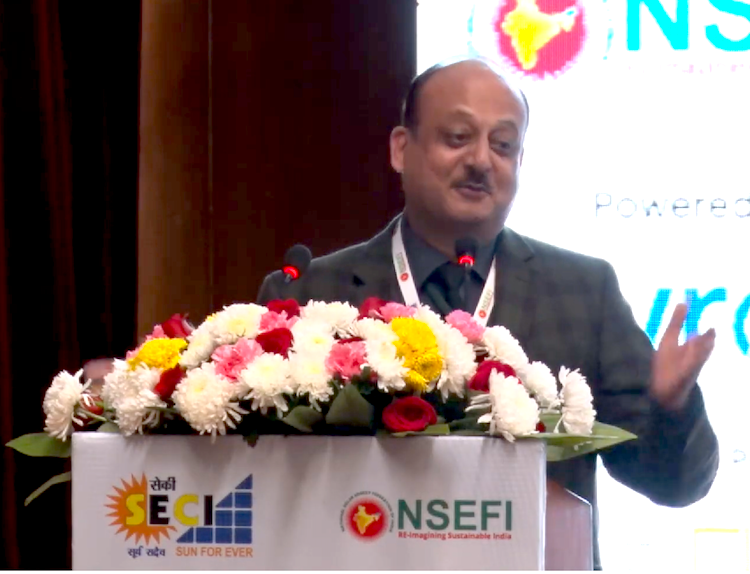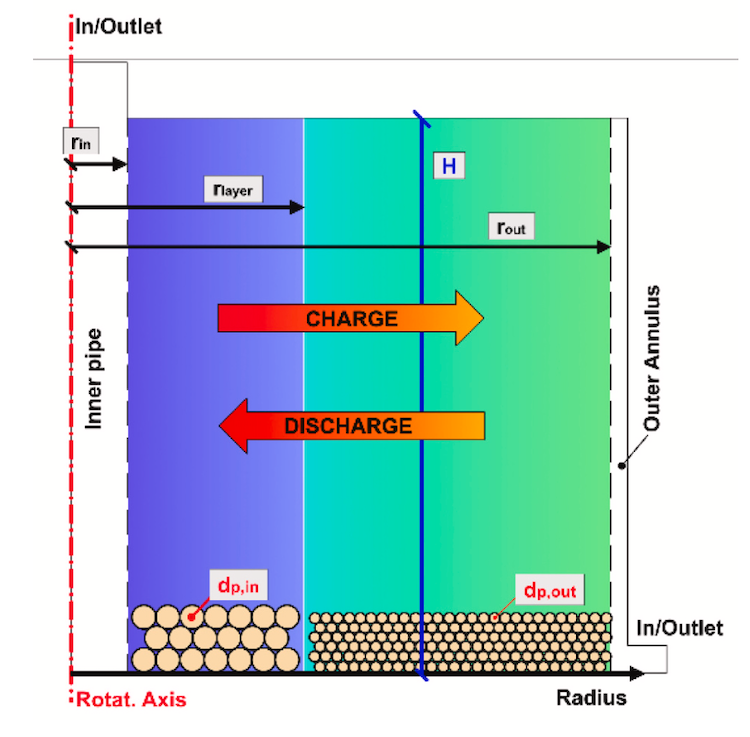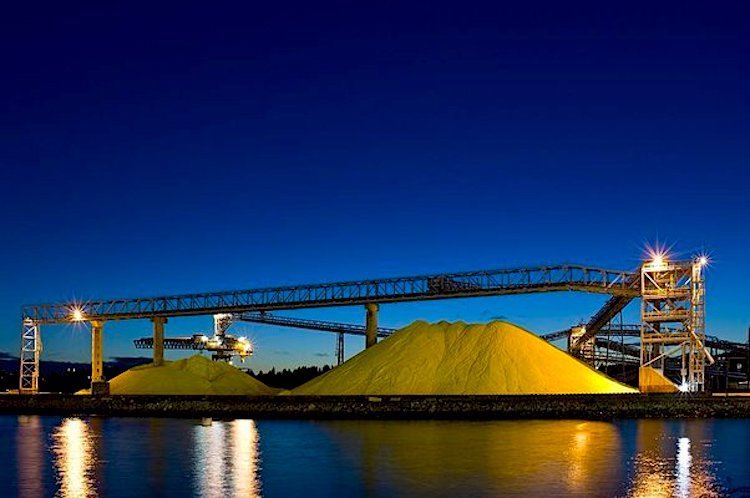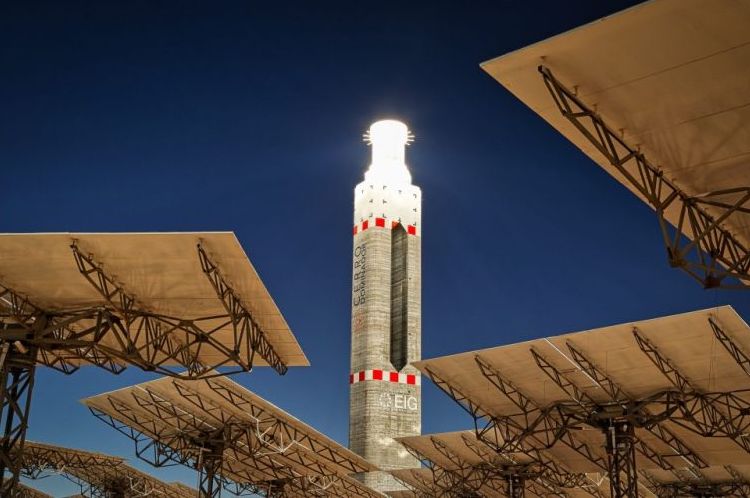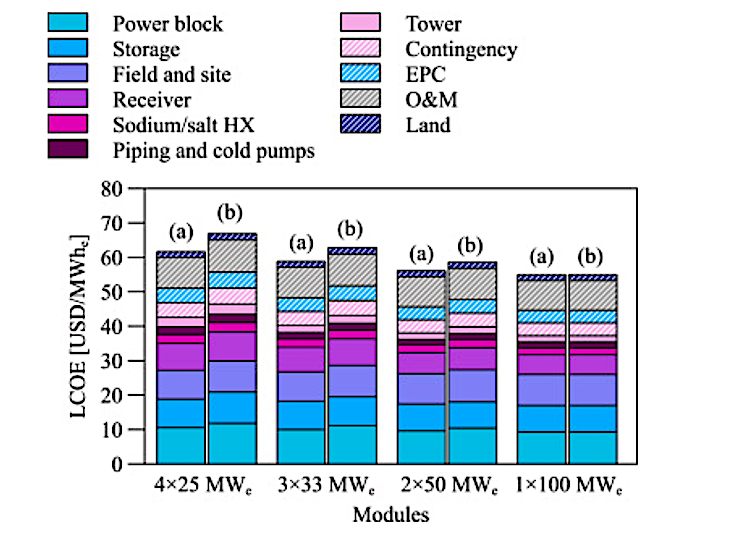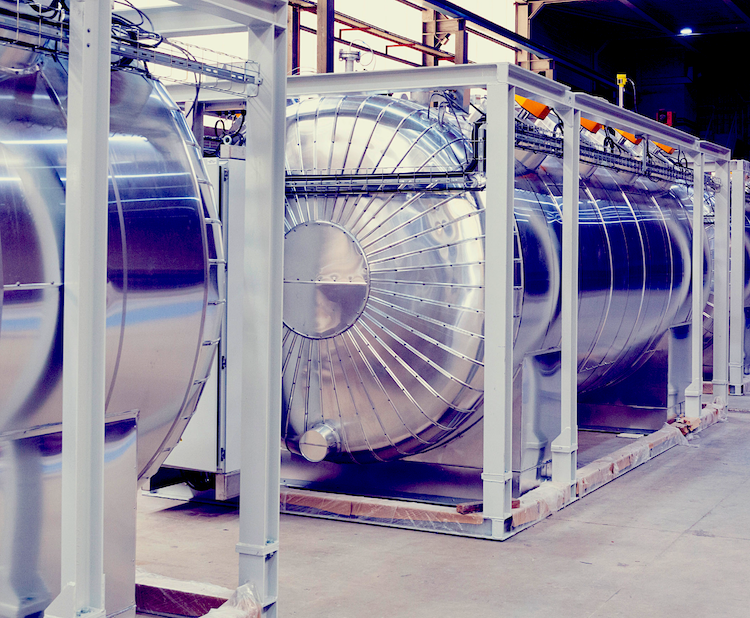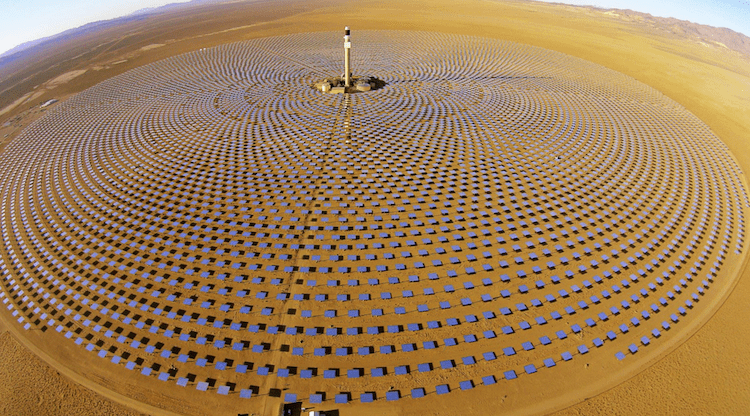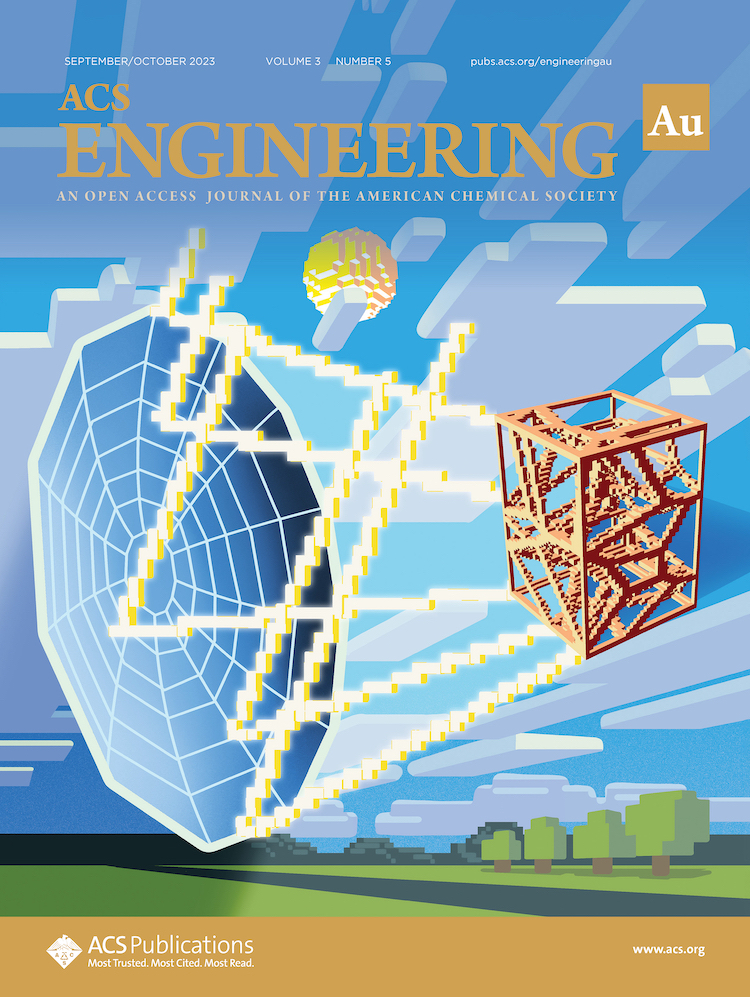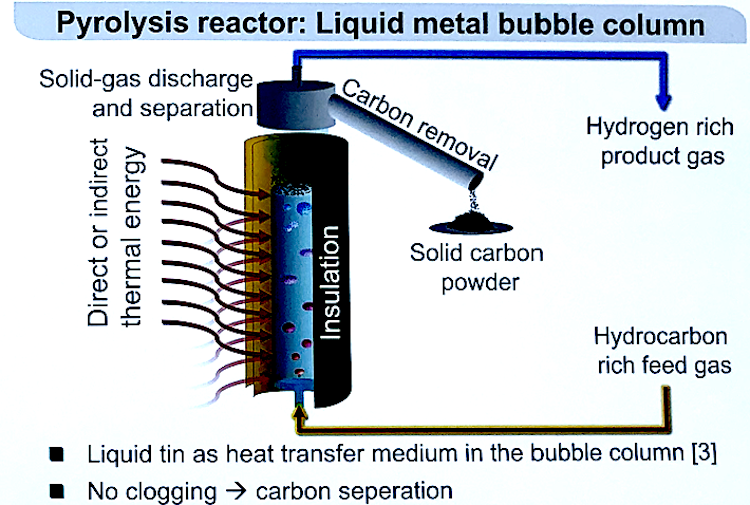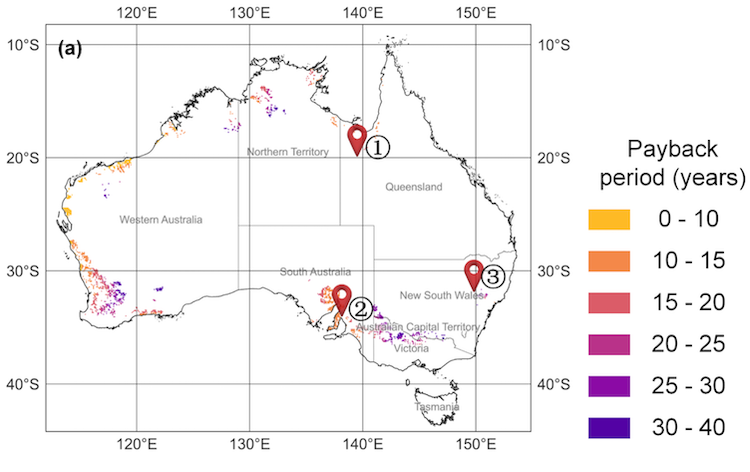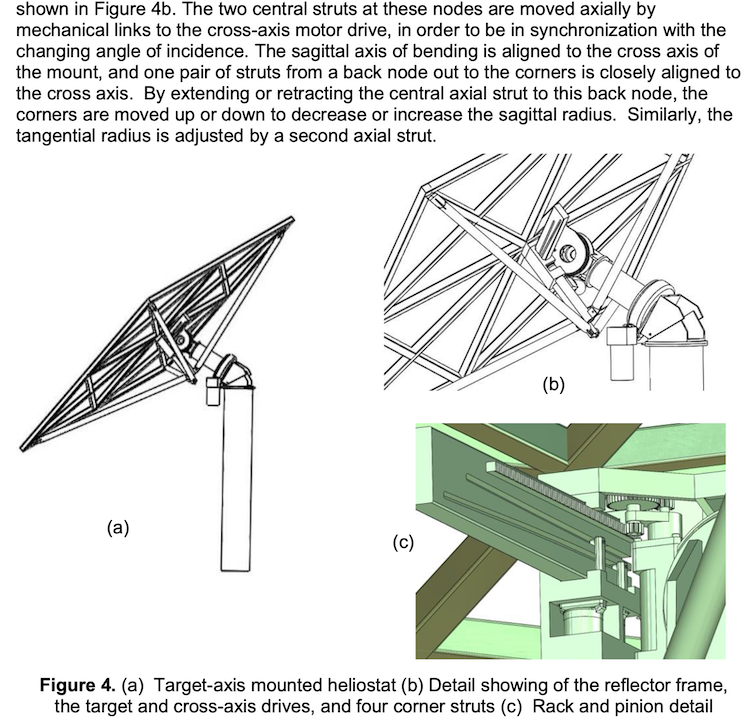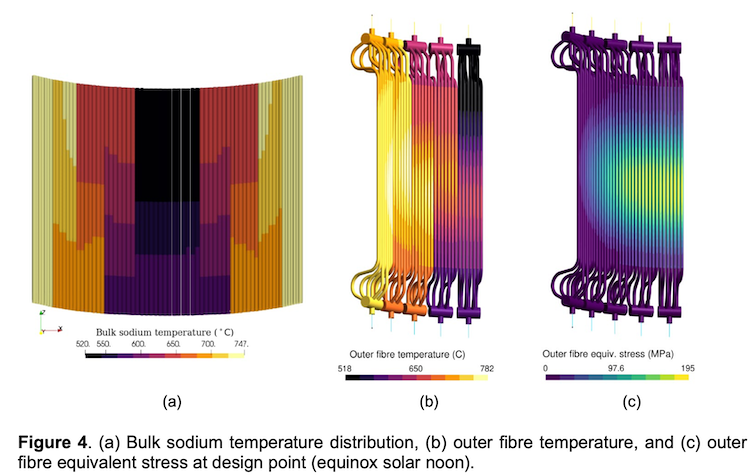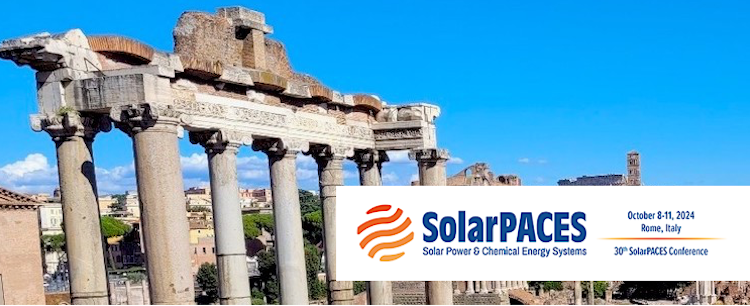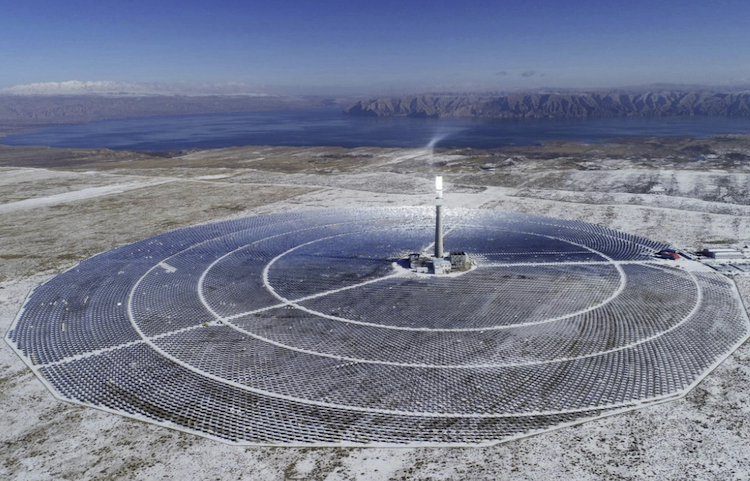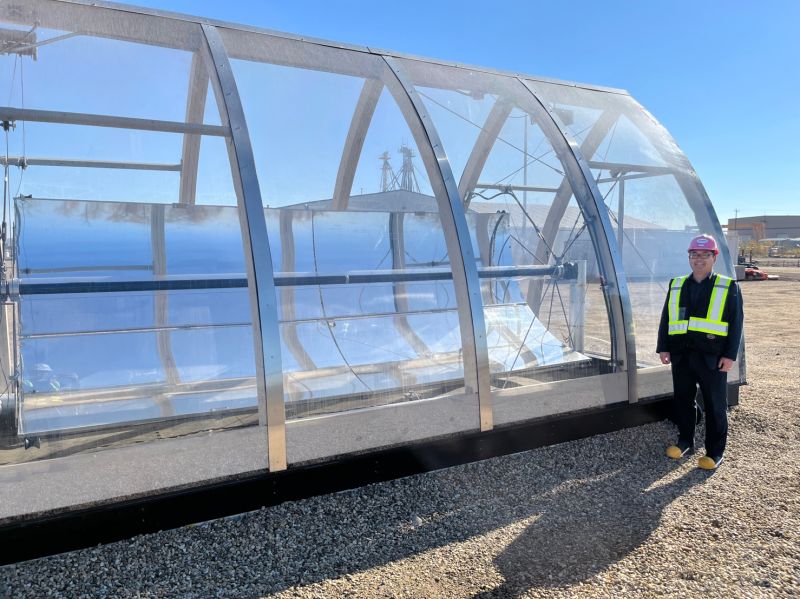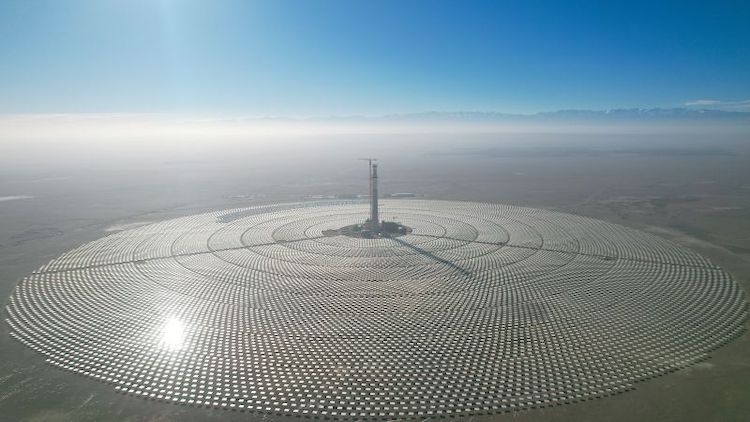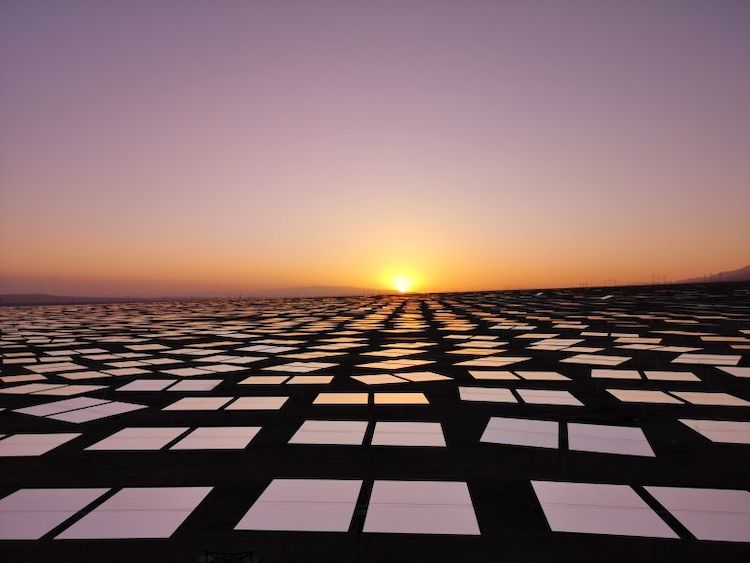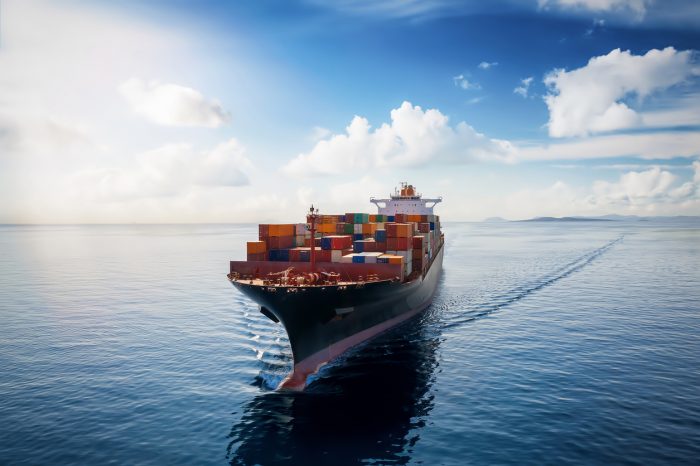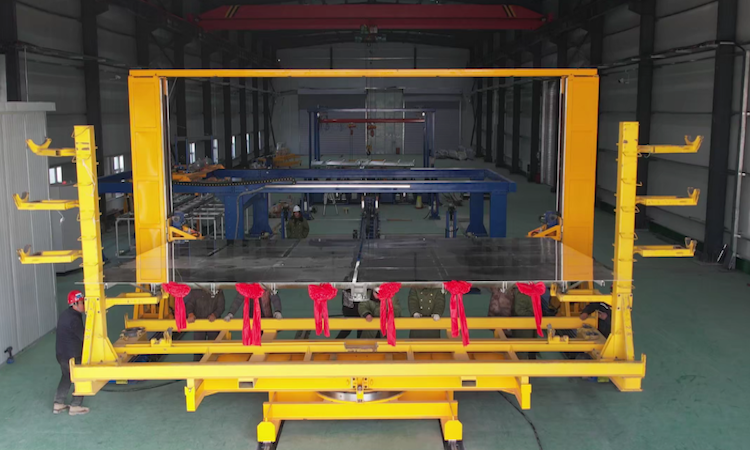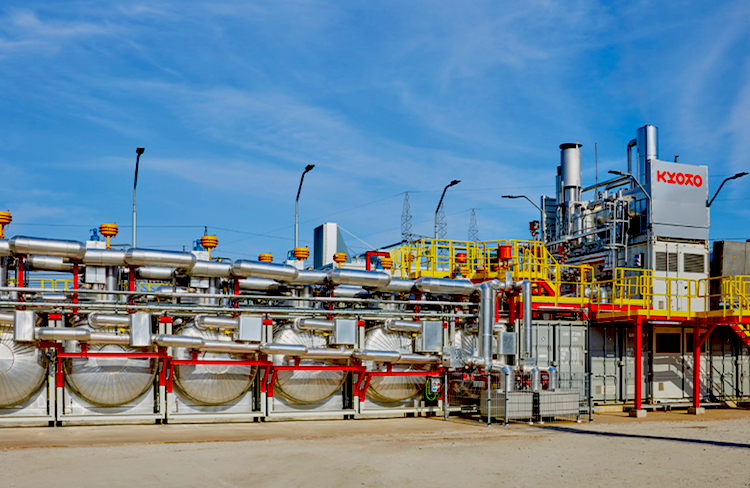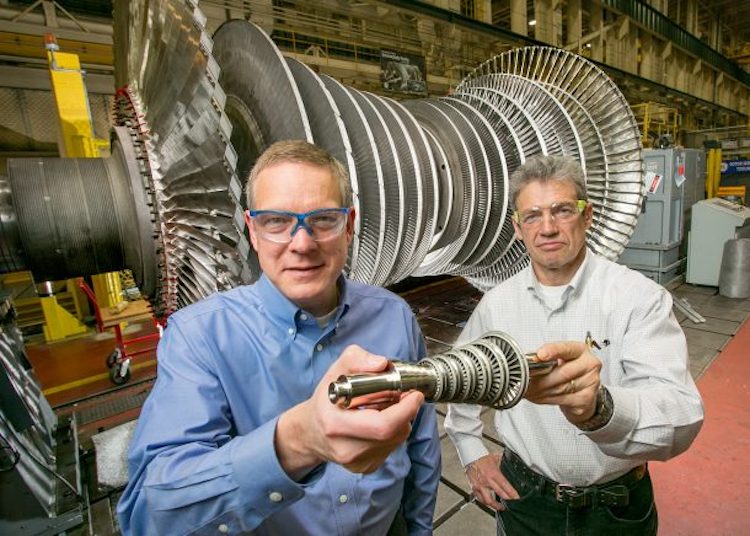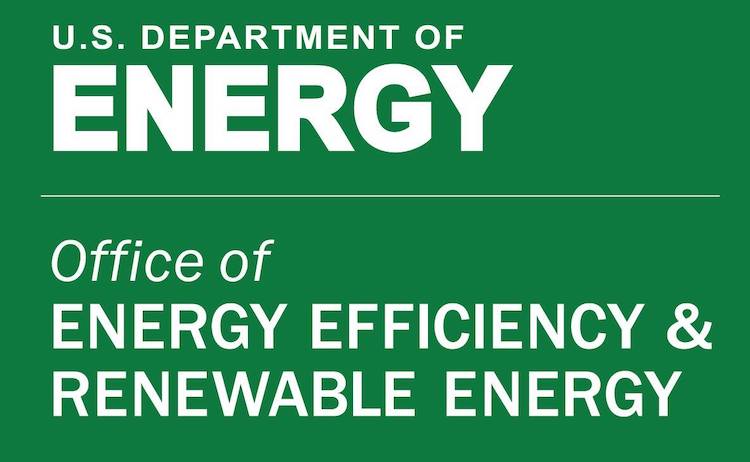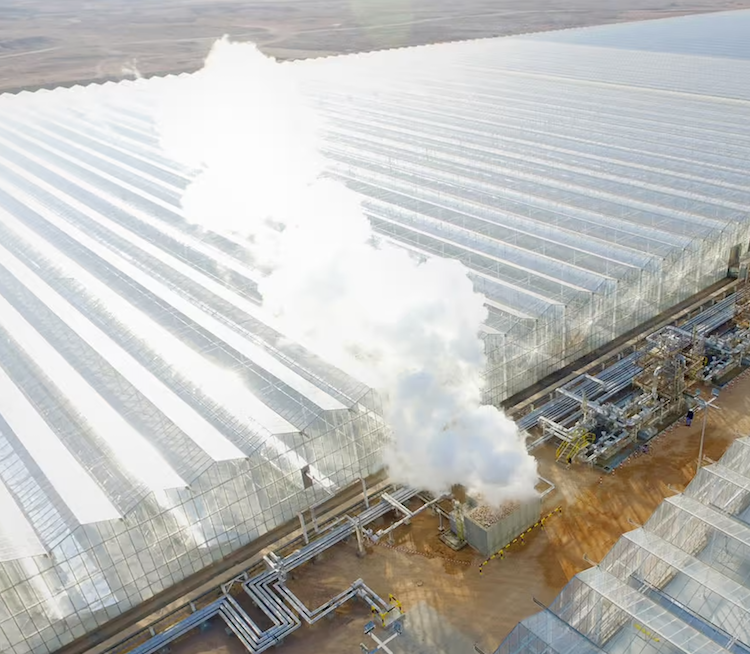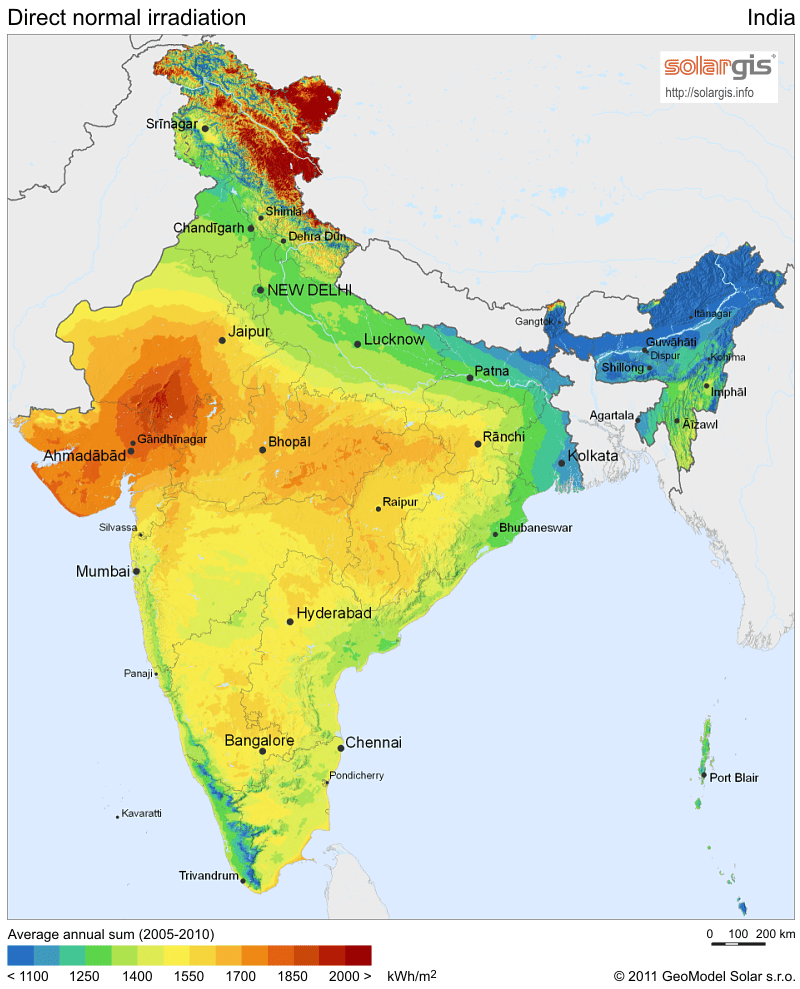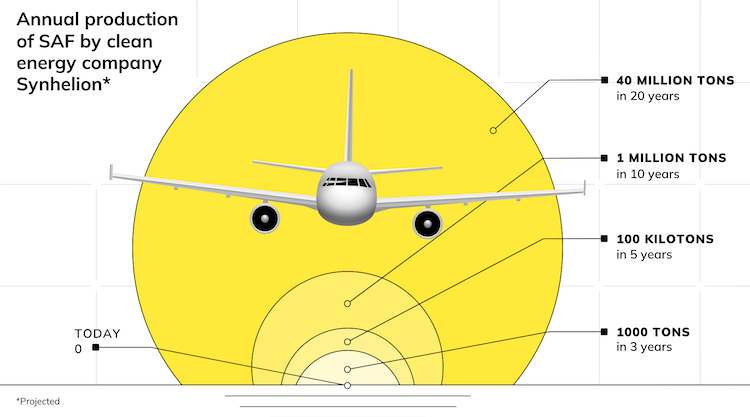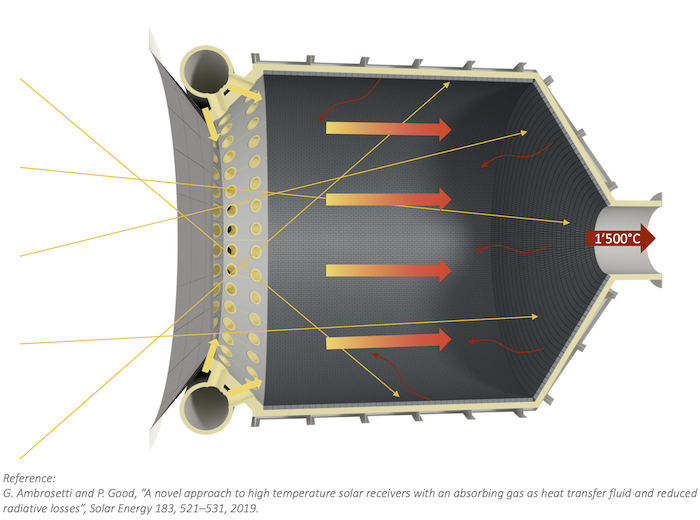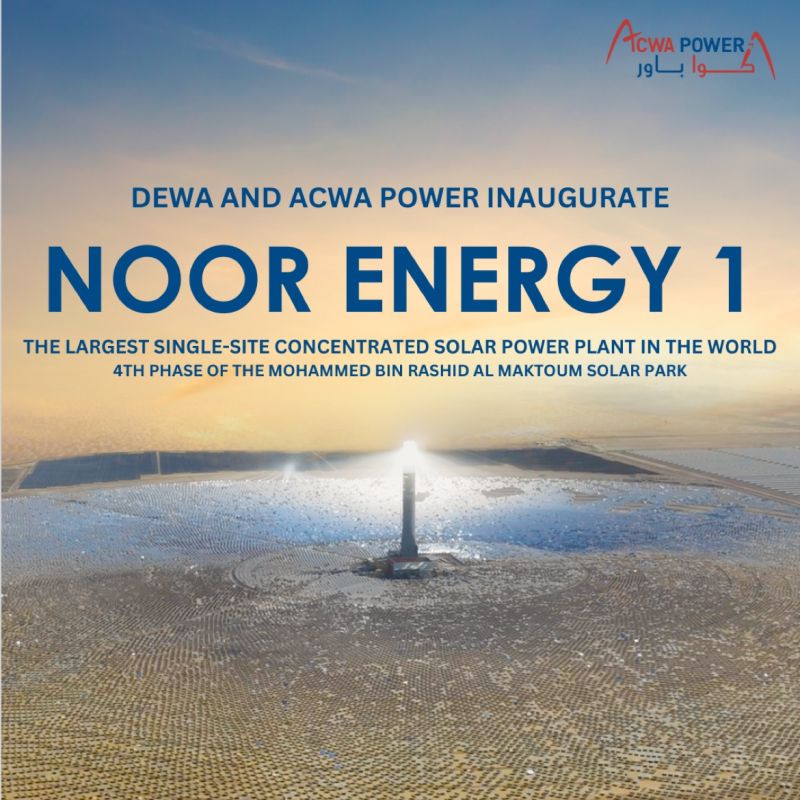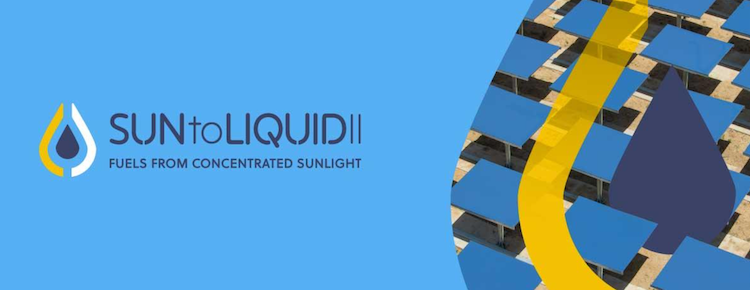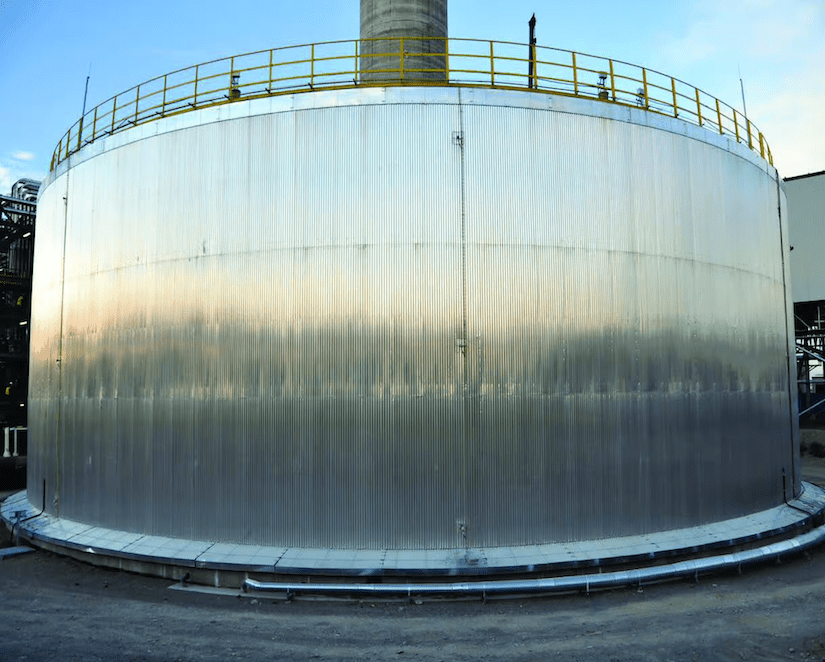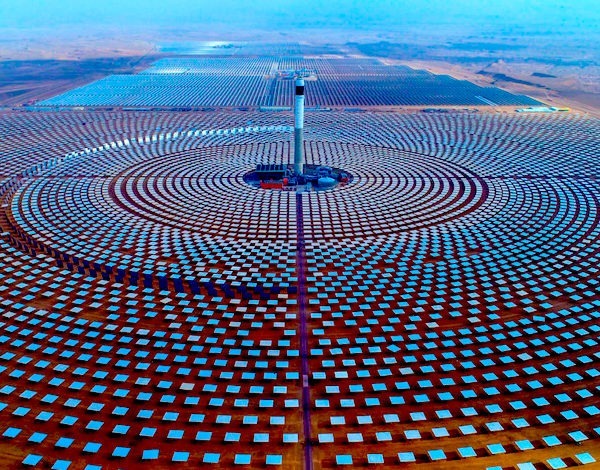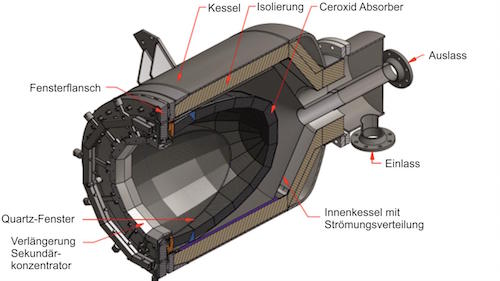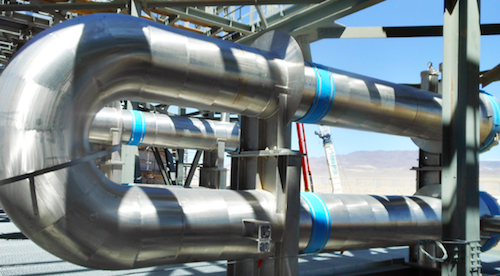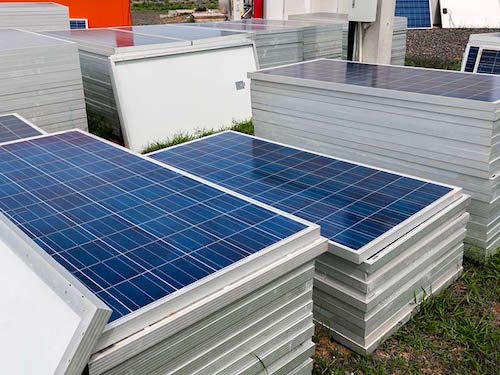
Gemasolar plants, property of Torresol Energy ©SENER, Cleaning Technology property of ECILIMP
International Conference presented innovative solutions in mirror cleaning, cooling systems, simulations
Source: https://cordis.europa.eu/news/rcn/129321_en.html
Concentrated solar power (CSP) is a promising electricity generation technology full of growing potential. However, traditional wet-cooled CSP plants often consume a large amount of water which especially causes a challenge in arid areas where water resources are scarce. The International Conference on “Reduction of water consumption in CSP plants” in Marrakech on 24th-25th April 2018 showed how water in CSP plants can be saved by applying new approaches.
Hosted by the H2020-funded project MinWaterCSP – MinWaterCSP – Minimized water consumption in CSP plants the event attracted approx. 100 stakeholders from around the globe.
The two-day conference gave valuable insights into innovative solutions for mirror cleaning and anti-soiling, cooling systems, axial flow fan development, simulation-based analysis of CSP plant water consumption and water management strategies. In addition, participants got the exclusive opportunity to visit the demo-site at Green Energy Park in Ben Guerir.
The conference offered an excellent opportunity to get informed and discuss the latest technological solutions to minimise water consumption in CSP plants as well as to network with stakeholders from the water treatment and CSP sector. Around 100 participants from 12 countries attended the event, representing industry (technology suppliers, power plant operators, power utilities), research and academia, as well as NGOs/association and policmakers.
The event has been organised by the EU-funded project MinWaterCSP which aims to promote the competiveness of CSP plants. It was hosted by the Research Institute for Solar Energy and New Energies, IRESEN based in Rabat, Morocco. In addition to industrial and research partners from the MinWaterCSP project and further invited experts, the EU-funded projects WASCOP and Raiselife contributed to the Conference programme with their expertise in simulation and soiling.
“Thanks to new solutions developed within MinWaterCSP to reduce water consumption in CSP plants, the technology becomes more attractive for countries that suffer from water scarcity and aim to become less dependent on fossil fuels,” Dr. Falk Mohasseb, project coordinator of MinWaterCSP, summarises the importance of innovation and EU support by Horizon 2020 in his welcome speech.
Technological improvements by the MinWaterCSP project could eventually save up to 25% of the water currently used for cleaning the mirrors, and up to 75-95% of evaporation losses in the cooling systems, compared to a solely wet-cooling system.
The key notes in the morning of 24th April introduced challenges in energy production and water consumption in Morocco by high-level political representatives and stakeholders from the Ministry of Energy of Morocco and the OCP Group. In addition, MinWaterCSP industrial partners gave an overview of the technologies developed by the project consortium to tackle the challenge of significantly reducing the water consumption of CSP plants while maintaining the overall cycle efficiency.
The approaches of reducing evaporation losses and mirror cleaning water consumption in small- and large-scale CSP plants through a holistic combination of next generation technologies were the focus in different presentation sessions dealing with:
• Cleaning Activities and Cleaning Systems for Heliostats and Parabolic Troughs
• Innovative developments for air cooled condensers and cooling towers
• Axial Flow Fan Development
• Simulation-based analysis of water consumption in CSP plants
• Availability, sources and managing strategies of water
• Measurement and analysis of soiling and its impact on degradation
During a panel discussion on the second day, industry partners from the CSP projects MinWaterCSP and WASCOP, funded under the EU Horizon 2020 research and innovation programme, shared and discussed their best practices with a special focus on different aspects of water saving in CSP plants.
One of the highlights of the conference was the site visit at Green Energy Park in the afternoon, where participants got insights into the demonstration of some of the project’s results. At the containerized fouling test rig, consisting of four small cooling towers, visitors could watch how researchers of IRESEN, Kelvion and ENEXIO investigate the effect of fouling on thermal performance and the overall life cycle in dry/wet hybrid cooling systems.
Source: https://cordis.europa.eu/news/rcn/129321_en.html






